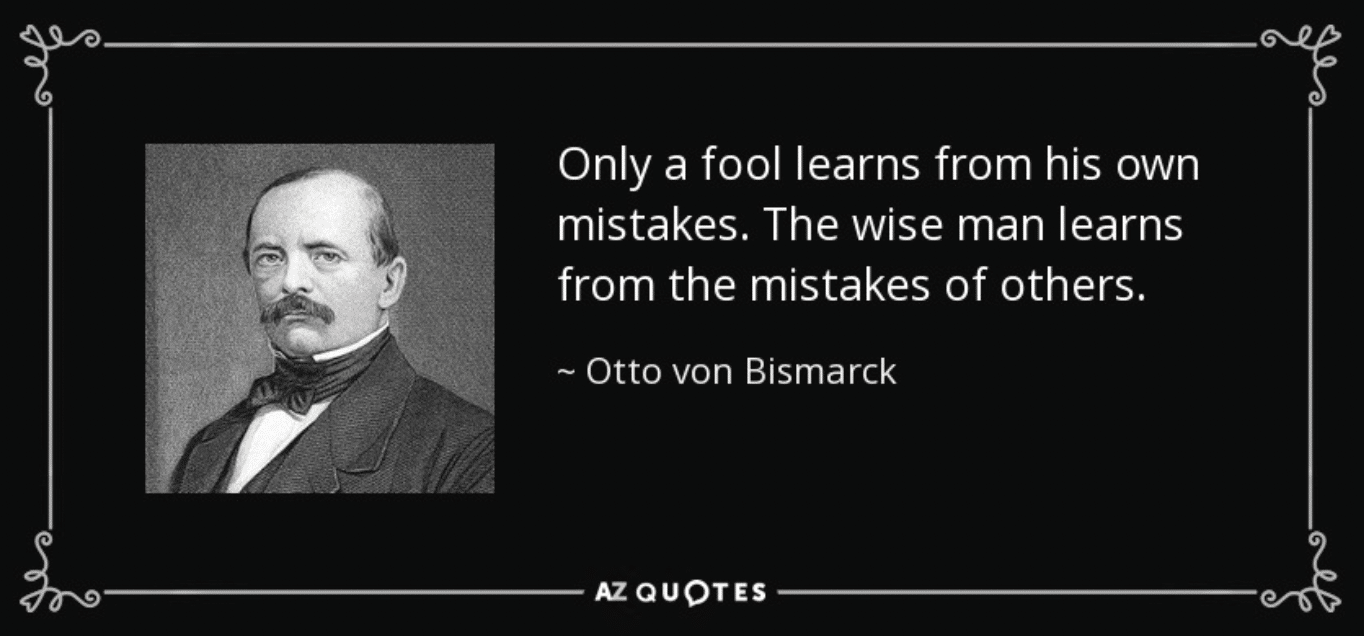Here’s how to start investing in stocks, no matter how much money you can afford to invest
![]() Nick Sundich, February 16, 2024
Nick Sundich, February 16, 2024
Although many of our readers have begun investing in stocks already, we don’t think it would be unreasonable to think some have not and want to know how to start investing in stocks. We’ve composed this simple guide that will help novice investors get started in the equity markets. And many of these principals will be useful for other asset classes too.
How to start investing in stocks – a 5-step process
1. Determine your objectives
Before starting to invest in stocks, it’s crucial to determine your investment objectives. Begin by assessing your financial situation, including your income, expenses, debts, and emergency funds, to understand how much capital you can afford to invest. Establish clear goals: Are you seeking long-term growth, current income through dividends, or a combination of both? Are you investing just for yourself, for your family or for an investment fund like a super fund?
Consider your time horizon; the length of time you plan to invest can influence the type of stocks you select. Lastly, evaluate your risk tolerance. Recognise how market volatility affects you emotionally and financially, and choose investments that align with your comfort.
2. Determine strategies to achieve it
Which strategies are appropriate for you? That will depend on your investment objectives, although there’s surely bound to be one for you.
When picking suitable investment strategies, it’s important to understand what type of investor you are. Do you want to make quick profits, or do you prefer a long-term approach, for instance for your Self Managed Super Fund? Are you comfortable taking some risk in exchange for potential rewards, or would you rather play it safe?
Knowing yourself and your goals is the first step in finding particular investment strategies that work best for you. Once you have a better idea of who you are as an investor, it’s time to start researching different investment strategies.
There’s plenty of strategies including (but not limited to) growth investing, value investing, day trading and diversification. Some can be more successful than others are certain times, but inappropriate for other situations. You need to work out what is best for you at that point in time.

Source: WallStBets/Reddit
3. Research stocks
In a world dominated by Google, researching stocks may be easier than in years gone by. Be this as it is, this step is not one to be skipped over, nor one that should be thought of as easy. Researching stocks should involve analysing the company, the industry and the price of the stock. Then make the decision as to whether to buy or sell if the case adds up on balance.
As we note in Step 5, researching stocks is an ongoing process. Investors need to stay informed about developments with their company, its industry and the broader economy. As good as it is to read publications like the AFR, it is just a starting point. Look at your company’s results and other announcements. Consider using sites like ListCorp that can alert you, so you don’t have to check for yourself. You may need to change your investment thesis when new developments come to light that were not true when you first bought the stock. Just ask investors who bought Kogan (ASX:KGN) and Dominos (ASX:DMP), thinking lockdowns would go on for years and people would be buying electronics, home furniture and pizza for years to come.
You may get lucky and make money on a stock you don’t research, but this is a rare occurrence.
Shoutout to anyone and everyone putting it all on the line for a stock you’ve barely researched:
byu/NubeDePedos inwallstreetbets
4. Choose a brokerage
You’re going to need a broker to trade stocks. The old days of having to go to the exchange and hire a dude in a suit are gone. You can trade stocks on an electronic device, using a trading platform. While that is convenient for investors, there are several platforms out there and it can be difficult to pick one.
Investors need to consider what factors are most important to them and choose a platform on that basis. Some may want the lowest cost platform, some may want technical analysis tools, some may want the best customer support desks, some may want professional equity research included as part of the package. Whatever you need, there is bound to be a trading platform for you, although just as is the case with buying stocks, you need to research trading platforms to decide the best one. Granted, you may not need to do as much research as stocks, because there are several digital resources that can help you make the right decision.
5. Avoid common mistakes other investors make
Sometimes, losing money in the stock market can occur due to bad luck, but other times it is due to mistakes investors make, particularly those ones that we think are top investing mistakes. These include: buying on vibe, not doing due diligence, not walking away from bad investments, failing to monitor investments and putting in more than you’re willing to lose.
That was not an exhaustive list, but it is a list of the most common mistake that we have seen investors make. And so many investors make them again and again.

So then what?
If you choose to buy stocks, there are two steps required. First don’t invest any more than you are willing to lose. And second, remember that many of these steps (particularly research) are ongoing processes. Stay informed by regularly reading news, reports, and market updates related to your investments.
By taking those steps, you will give yourself a realistic chance of making returns in the stock market. And in fact, you can apply many of these principals to other investments too, particularly those you can buy with trading platforms such as bonds and commodities. Some would even useful for property investors.
We wish all investors, particularly our readers, the best of luck as well as the ability to have patience. Because stocks have among the best returns of all asset classes over long-term horizons, but not all investors have the patience to realise these returns.
What are the Best ASX Stocks to invest in?
Check our buy/sell tips
Blog Categories
Get Our Top 5 ASX Stocks for FY25
Recent Posts
Your invitation to the Freelancer Investor Day
Your invitation to the Freelancer Investor Day Freelancer (ASX: FLN) is a Sydney-based company that has been the subject of…
Kamala Harris stocks: If Joe Biden’s VP wins the White House in 2024, which stocks will win?
With the US Presidential election now certain to be a Kamala Harris v Donald Trump showdown, we’ve looked at so-called…
South32 (ASX:S32): Is it the dark horse amongst ASX 200 miners or have cyclones and commodity prices hit it too hard?
South32 (ASX:S32) began life as a spinoff from BHP back in 2015, capitalised at $9bn. In mid-2024, it is capped…



